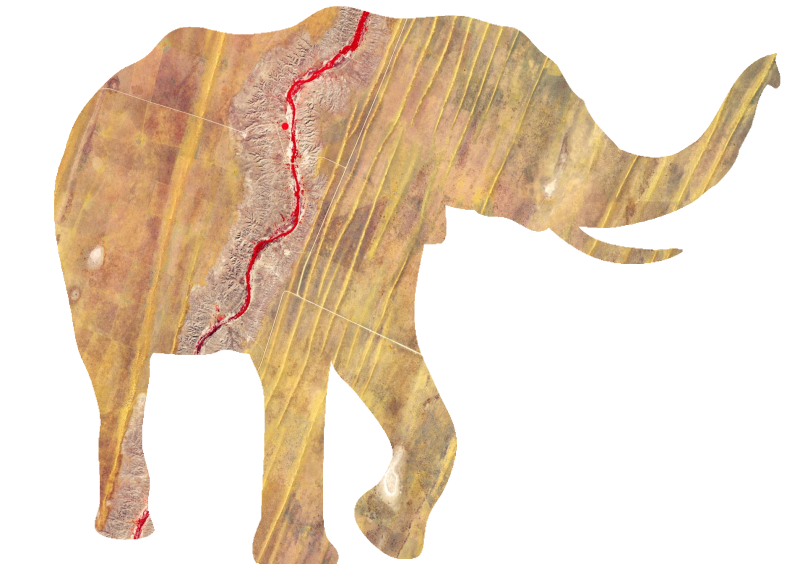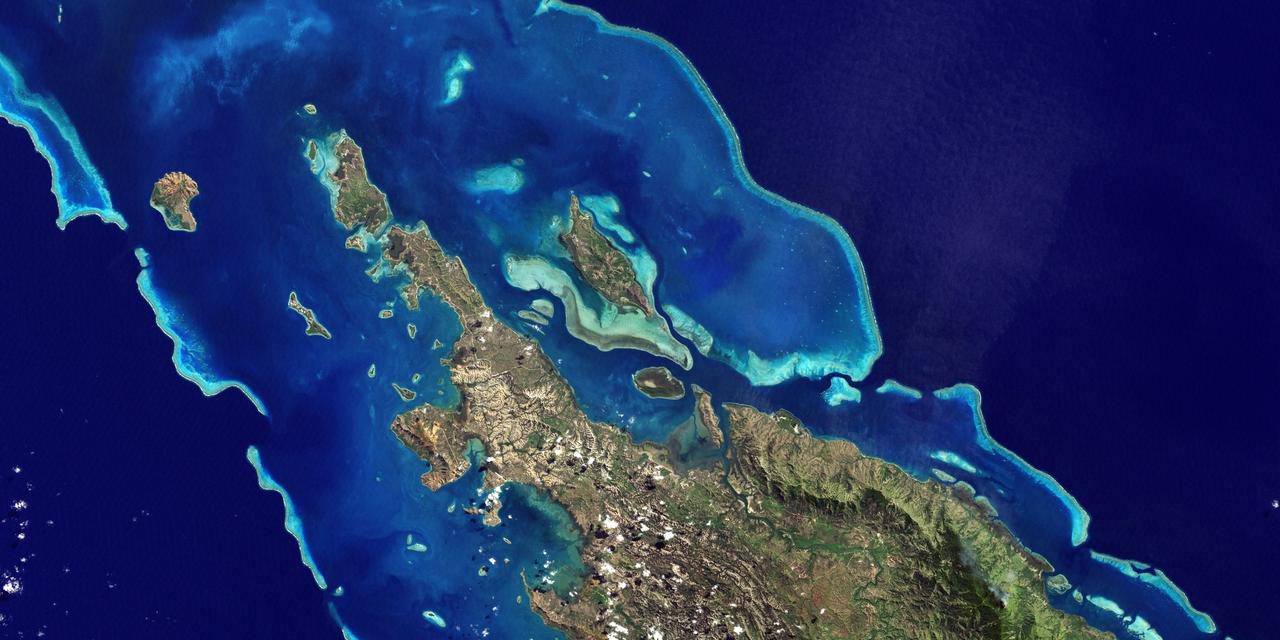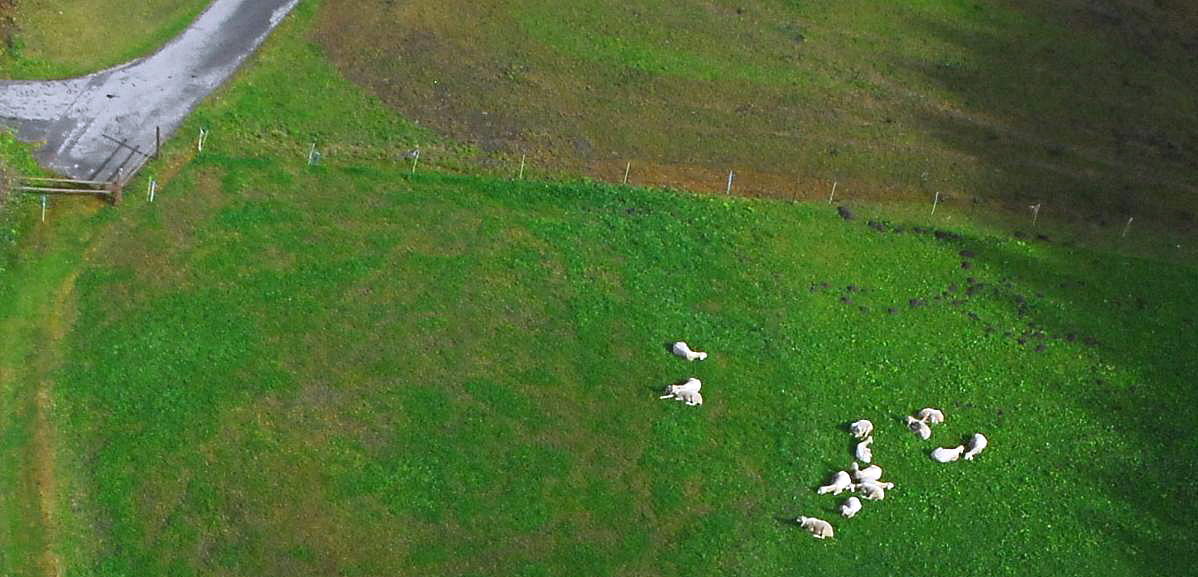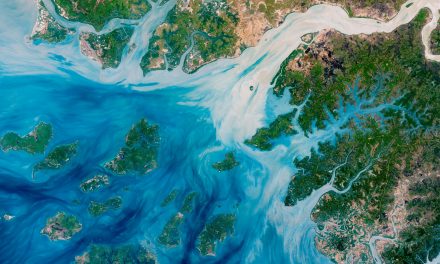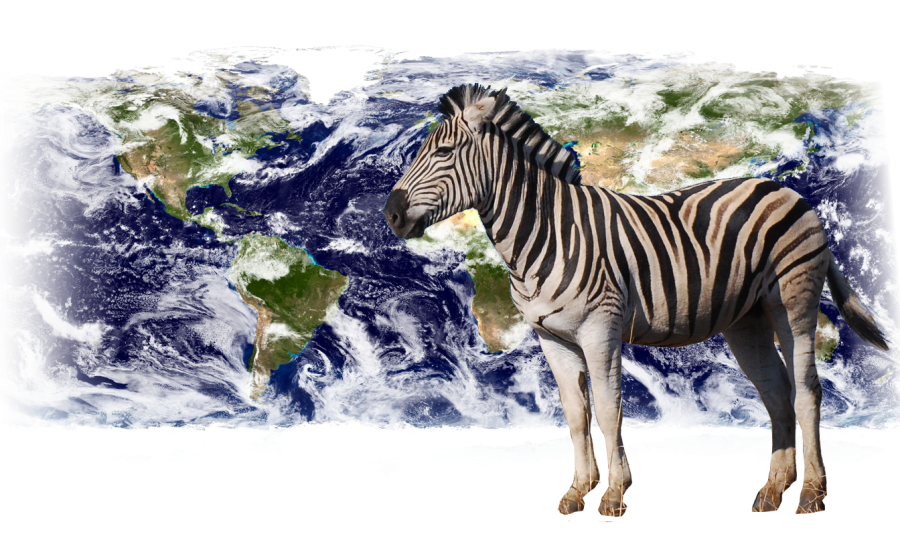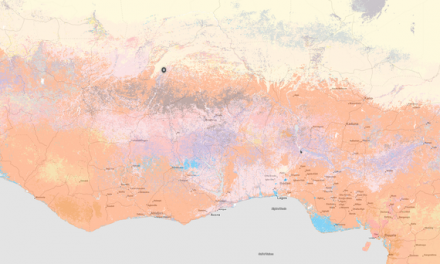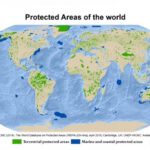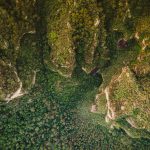The Center for Global Discovery and Conservation Science at Arizona State University is looking for a research specialist with strong quantitative skills and demonstrated experience with python or other high-level language and remote sensing or GIS concepts. He/She will report to GDCS Lead Data Scientist Dr. Nick Vaughn, while working in many different projects across terrestrial and coral landscapes and using cutting-edge approaches.
The application deadline is approaching fast (13 May 2020), so any of you interested in this full-time position should directly head to the official website and apply.
Following information was derived from the application website:
Essential Duties
- Combine and manipulate multiple data sources.
- Work between foundational projects as needed with multiple scientists.
- Track and maintain progress in multiple projects in a busy environment.
- Effective communication of project progress and complexities in verbal and written form.
- Provide analytical results in map form when necessary.
- Guide and assist students and scientific staff with statistical and spatial analyses.
- Comfort with reading and writing Python code
- Experience with GIS software and a solid understanding of GIS concepts.
- Experience/training in matrix algebra
- Interest to work in a highly international environment.
Minimum Qualifications
Bachelor’s degree in a field appropriate to the area of assignment AND two years related research experience; OR, Six years research experience appropriate to the area of assignment; OR, Any equivalent combination of experience and/or education from which comparable knowledge, skills and abilities have been achieved.
Desired Qualifications
- Evidence of a Master’s degree in an appropriate field.
- Evidence of experience in Linux command line – i.e. able to work on ASU’s Agave cluster (https://cores.research.asu.edu/research-computing/user-guide).
- Experience in handling and manipulating big remote sensing datasets.
- Experience with numeric and geospatial python packages numpy, scikit-learn, gdal or similar.
- Demonstrated knowledge of machine learning models and tools, particularly those applicable to remote sensing data.
